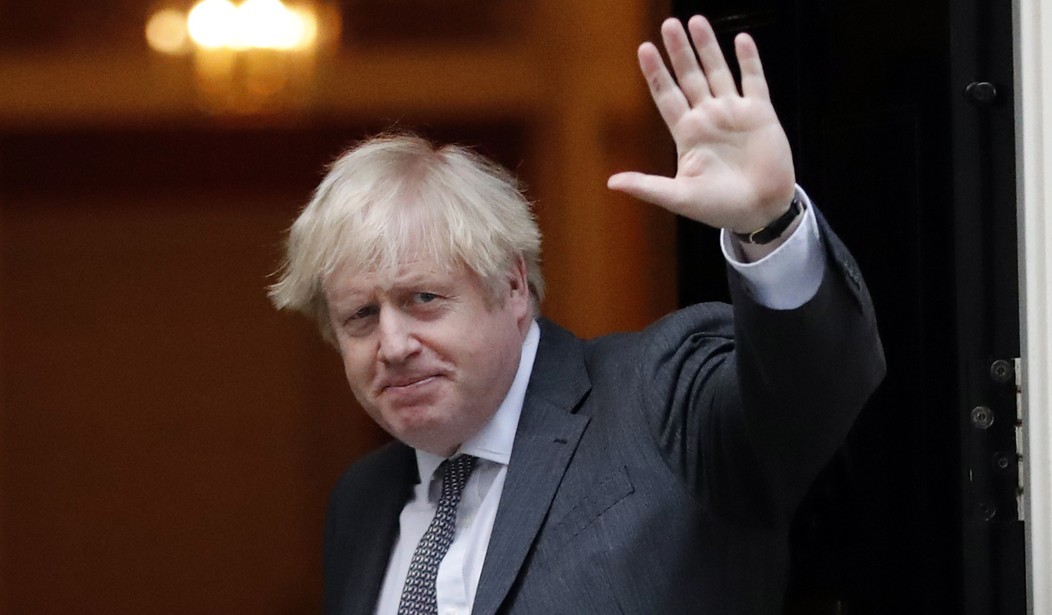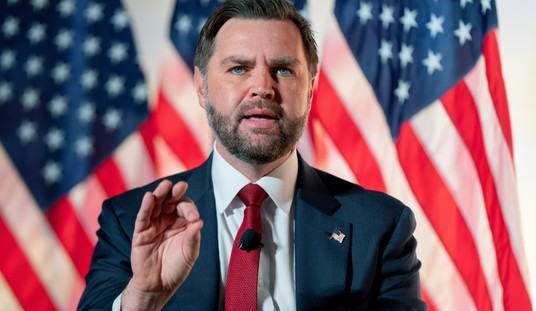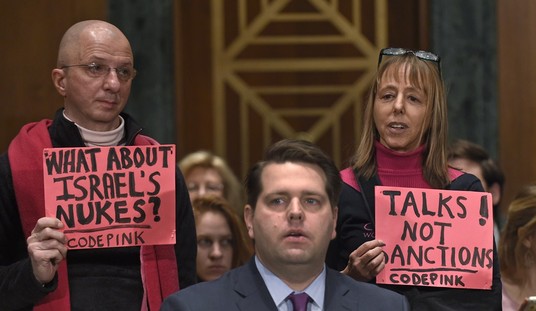In a move to curb illegal immigration and human trafficking, British Prime Minister Boris Johnson has announced the U.K. will begin sending asylum seekers to Rwanda. The program will be initially aimed at the increasing volume of single men trying to enter the country by small boats, a growing problem in the U.K.’s ongoing battle over unsustainable illegal immigration.
The BBC reports:
The pilot scheme would initially focus mainly on single men arriving on boats or lorries and would see them given a one-way ticket to Rwanda where they would be processed and, if successful, would have long-term accommodation in the African country.
Home Secretary Priti Patel, who travelled to Rwandan capital Kigali to sign the deal, said the “vast majority” of those arriving in the UK “illegally” would be considered for relocation to Rwanda.
The Prime Minister says the move is necessary to disrupt the flow of “economic immigrants” and human trafficking gangs who take advantage of them.
So from today, our new migration and economical development partnership will mean that anyone entering the U.K. illegally, as well as those who have arrived illegally since January first, may now be relocated to Rwanda. This innovative approach, driven by our shared humanitarian impulse, and made possible by Brexit freedoms, will provide safe and legal routes for asylum while disrupting the business model of the gangs. Because it means that economic migrants taking advantage of the asylum system will not get to stay in the U.K., while those in genuine need will be properly protected, including with access to legal services on arrival in Rwanda, and given the opportunity to build a new life in that dynamic country, supported by the funding we are providing.
Opponents of the policy have called it a “cruel and nasty decision” and “absolutely chilling,” pointing to Rwanda’s past history of human rights abuses and subpar economic conditions.
That sounds dangerously close to calling Rwanda a sh**hole country, but I digress.
Johnson’s administration maintains they are simply trying to deter human trafficking and save the lives of those who make the potentially fatal crossing in the hopes of taking advantage of the U.K.’s lax immigration enforcement. Small boat illegal immigration has been a hot-button issue in British politics for decades, with conservative governments promising to address the issue over the years. Until now, those promises have not seen action.
Brexit leader Nigel Farage chastised the plans, calling them a temporary solution to a much larger problem.
He told BBC Radio 4’s The World At One programme the problem with sending people away to islands or other countries was “it’s not very long before you start to hear tales of abuse” and after that the Human Rights Act could be invoked to stop it.
He suggested the UK should turn boats back – a method that was used by Australia – but Mr Johnson conceded the controversial “pushback” technique would be dangerous except in “extremely limited circumstances”.
The open borders crowd loves to tell us that immigrants are the backbone of any thriving nation. It would seem like the advantageous thing to do for a developing nation like Rwanda to help build their economy with hard-working immigrants who are motivated to succeed. Simultaneously, the U.K. will be sending an influx of cash to help process and support the immigrants as they establish a new life. If an immigrant is truly in need of asylum (not simply a better life in a wealthier nation), it shouldn’t matter if they are free in Rwanda or free in the U.K. The new program, much like Trump’s “Remain in Mexico” immigration program, should serve to deter “casual” illegal immigrants, as it did here in America. This would be a good thing for the U.K. and the safety of those who are vulnerable to the abuse and cruelty of human trafficking cartels.
A representative from The Henry Jackson Society, a policy think tank, told the BBC that the public supports the new plans “overwhelmingly,” and describes it as a “popular measure.”
"The public overwhelmingly supports a tougher line on immigration – particularly on illegal crossings"
Sam Armstong, from the Henry Jackson Society, says he thinks Rwanda asylum plan is a "popular measure that will begin to have some effect"https://t.co/QtVCLVlKy3 pic.twitter.com/jIshOCvPNC
— BBC Politics (@BBCPolitics) April 14, 2022











Join the conversation as a VIP Member